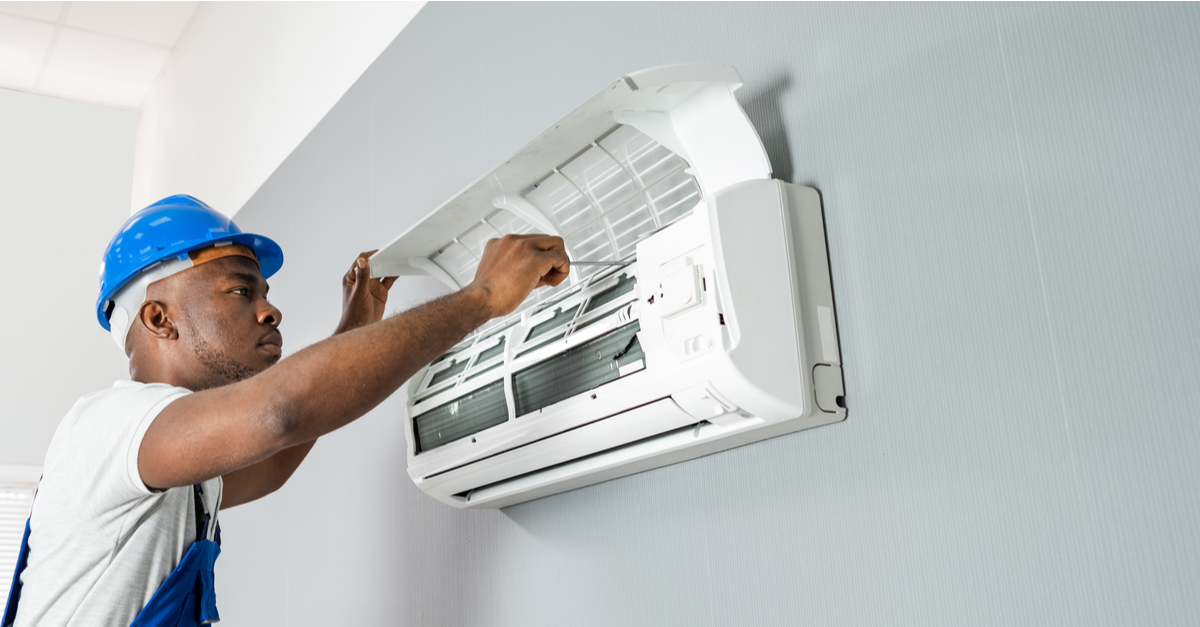Energy Efficiency: Reducing Your Heating, Ventilation, and Air Conditioning Expenses

In the modern society, energy savings remains a pressing concern for homeowners and companies equally. A major opportunity to save energy lies in heating, ventilation, and air conditioning systems. If you are seeking to lower your energy bills or improve the comfort of your home or workplace, understanding the principles of HVAC stands as essential.
This beginner’s guide will explore what HVAC is, offering you the insight needed to handle frequent HVAC issues and service your system effectively. We will discuss strategies for improving energy efficiency, ranging from selecting the right HVAC system to tweaking thermostat controls for each season. Join us as we explore the strategies that can help you lower expenses while ensuring a pleasant environment year-round.
Understanding Heating, Ventilation, and Air Conditioning
Heating, Ventilation, and Air Conditioning, an acronym for Heating, Ventilation, and Air Conditioning, plays a crucial role in maintaining pleasant interior settings. It comprises multiple mechanisms that regulate temperature, humidity, and air quality in home and business spaces. These systems cooperate to create a balanced environment, guaranteeing that the heat is evenly spread during winter months and that cold air moves during the warmer seasons.
The working of an HVAC setup can be divided into 3 primary elements: warming, airflow, and climate control. Heating units, such as furnaces and heating pumps, create heat, while cooling systems provide cold air to give comfort against high temperatures. Ventilation is the process of exchanging air in a room to remove moisture, odors, and pathogens, thereby enhancing indoor air quality. Grasping how each of these elements functions enables residents and businesses tailor their HVAC systems to address their individual requirements.
When considering an HVAC system, aspects like fuel efficiency, cost, and the scale of the space must be evaluated. Modern HVAC systems are increasingly designed with efficiency-enhancing features that lower both greenhouse emissions and utility bills. The most advanced technologies, such as intelligent climate controls and zoning systems, give householders more authority over their heating and cooling, highlighting the importance of keeping abreast about choices and progress in the sector. This understanding can bring about improved well-being and considerable financial benefits over the course of time.
Boosting Energy Conservation
To enhance energy efficiency in your HVAC system, begin by ensuring that it is properly sized for your home. air conditioner installation can cause short cycling, where the system cycles frequently, using up energy and leading to wear and tear. Conversely, an too small system may have difficulty to maintain acceptable temperatures, leading to increased run times and higher energy bills. Consult with a qualified technician to assess the ideal size for your HVAC system based on your residence's square footage, insulation, and other factors.

Routine maintenance is key to keeping your HVAC system running smoothly. Plan seasonal maintenance to service components, check coolant levels, and change filters as needed. Dirty filters can limit airflow and force your system to work harder, which increases energy consumption. Additionally, making sure that coils and fans are clean can help improve airflow and efficiency, thereby reducing your energy costs and extending the duration of your appliances.
Add smart technology into your HVAC system for enhanced energy efficiency. Intelligent thermostats allow you to program heating and cooling schedules based on your daily routine, ensuring that energy is not spent unnecessarily when you're not home. They can also adapt to your preferences over time and change settings on their own for best comfort. Moreover, consider temperature zoning that allow you to heat and cool specific areas of your residence separately, providing better temperature control and further reducing your energy bills.
Maintaining Your HVAC System
Ongoing maintenance of your HVAC system is crucial to achieve optimal performance and longevity. Begin by checking and replacing air filters every one to three months, as contaminated filters can obstruct airflow, decreasing the efficiency of the system and leading to higher energy costs. Additionally, keep the area around your outdoor unit clear of debris such as leaves, grass clippings, and snow to guarantee proper airflow and operation.
Seasonal maintenance checks are important for maintaining the efficiency of your HVAC system. Arrange a professional inspection at least a single time a year, preferably in spring for air conditioning units and fall for heating systems. During these inspections, a technician can maintain components, check for refrigerant leaks, and confirm all electrical connections are tight. This proactive approach merely extends the life of your system but can also stop costly repairs down the line.
Moreover, homeowners should stay alert for any warning signs that could indicate a need for repair. Pay attention to strange noises, rising energy bills, or inconsistent temperatures throughout your home. Addressing these issues promptly can save you from more extensive problems and help maintain a comfortable indoor environment. By following regular maintenance and staying informed about your system’s performance, you can enjoy efficient heating and cooling for years to come.
